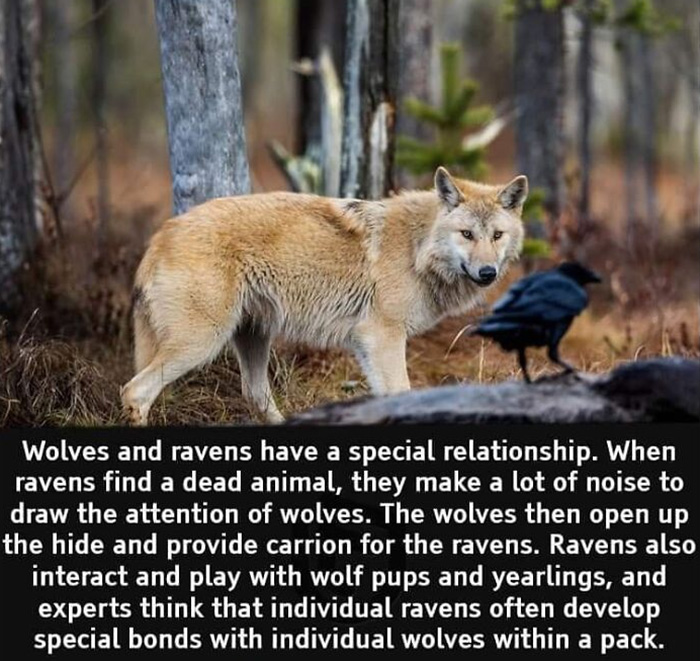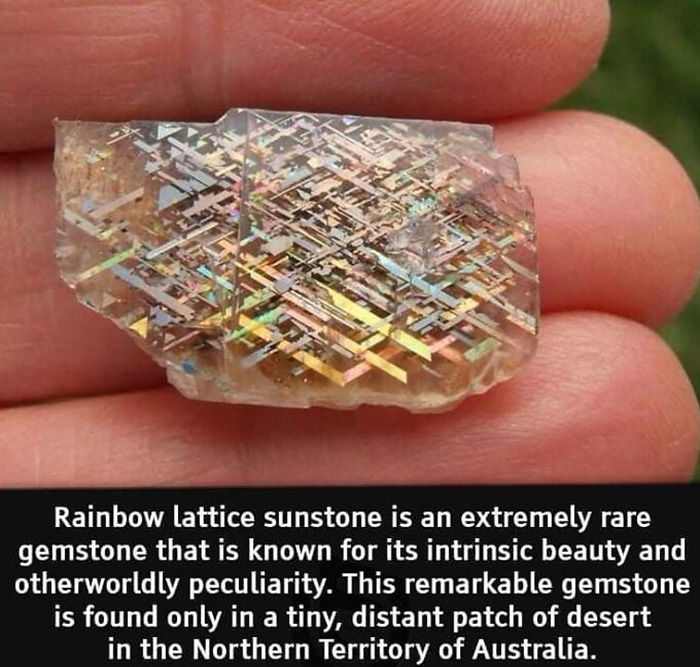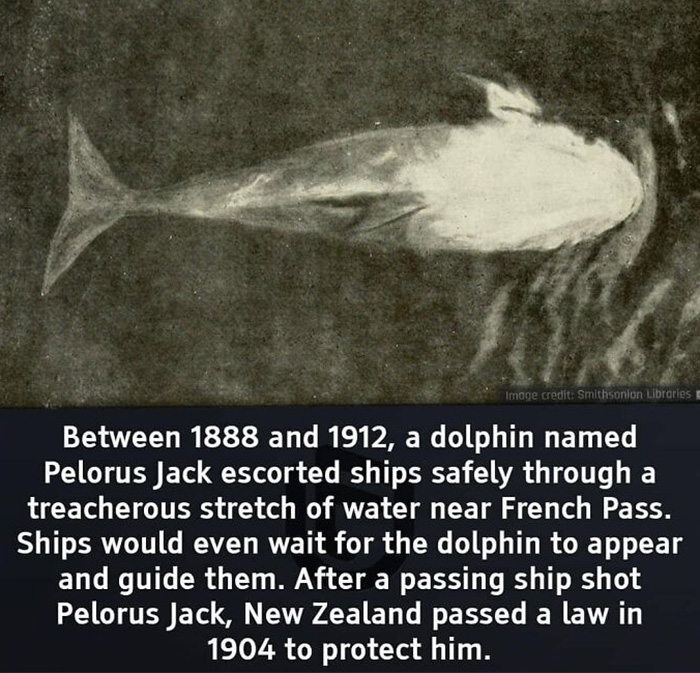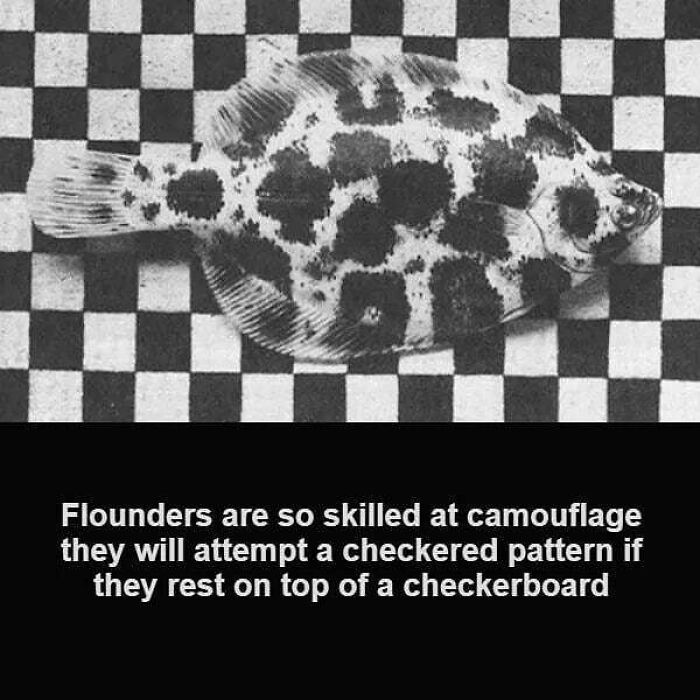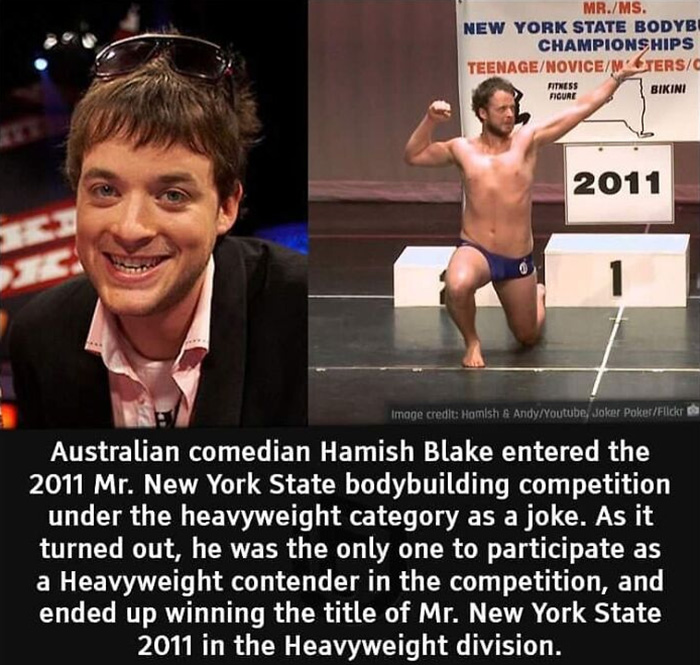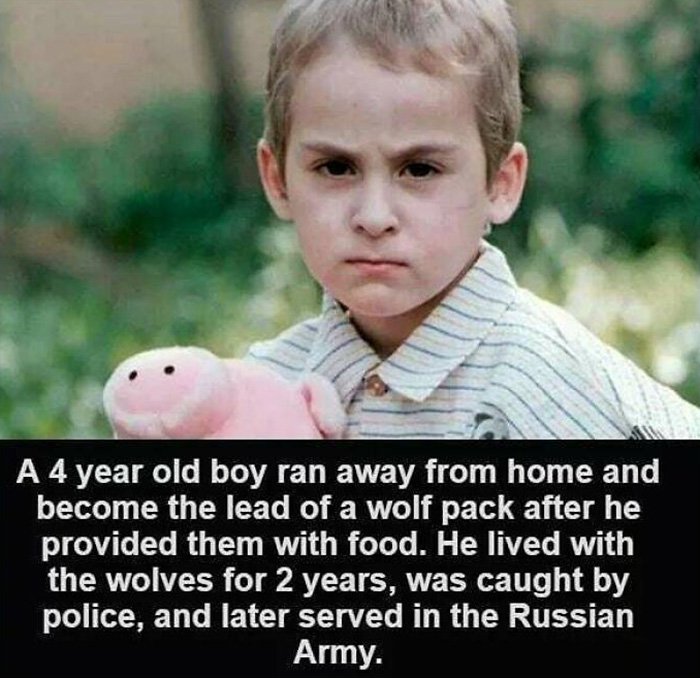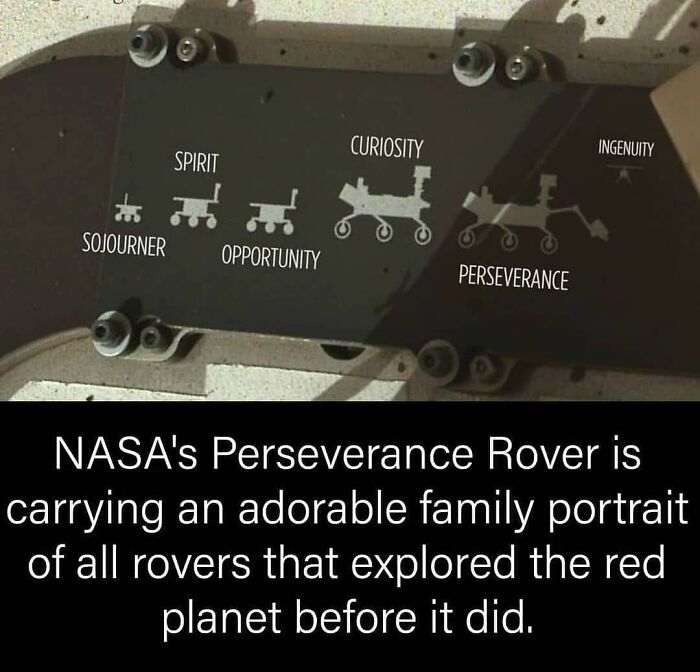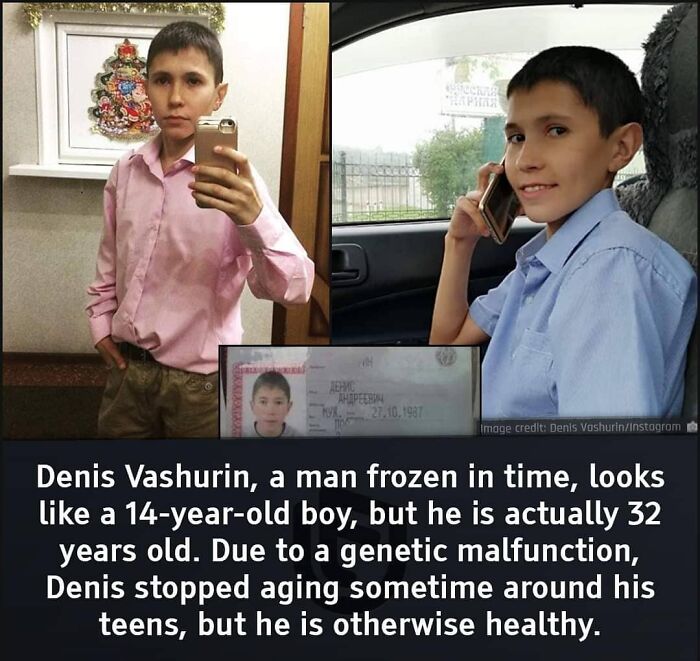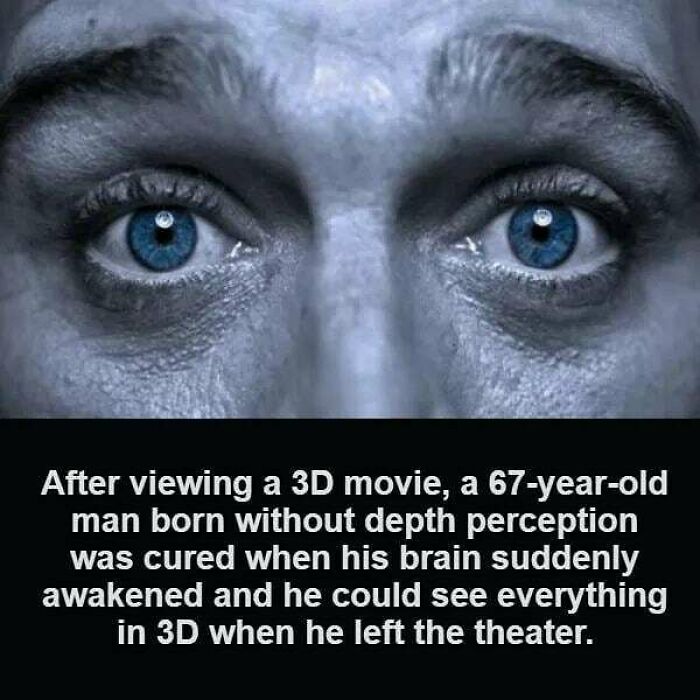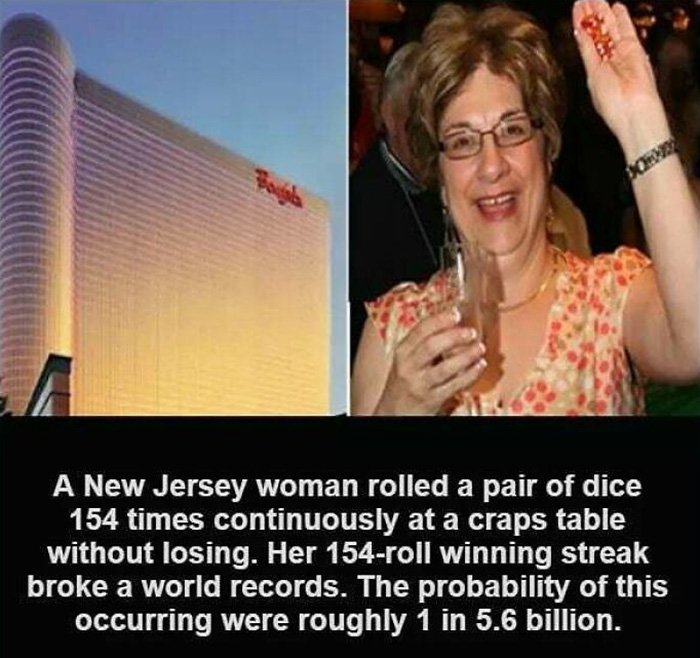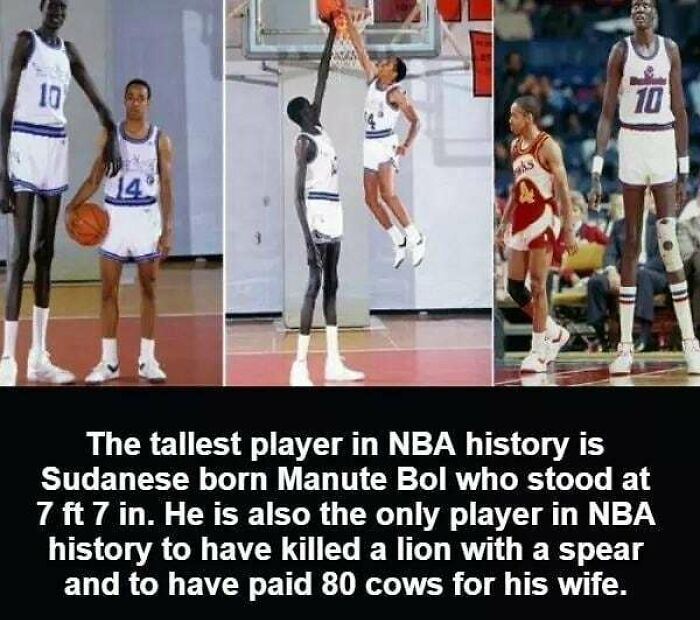If we allow our curiosity to roam around freely, it can take us to interesting places, both in real life and online. Like the Instagram account ‘Facts And Science.’
Just like the famous subreddit ‘Today I Learned,’ it doesn’t limit itself to just one subject and revolves around a vast specter of themes, ranging from human behavior and popular culture to the animal kingdom and beyond.
Being huge fans of trivia, we at Bored Panda decided to go through the account and hand-pick our favorite posts. After all, if 381K people follow it, the content has to be worth it, right?
More info: Instagram
#1
Image credits: facts_and_science
#2
Image credits: facts_and_science
Going through obscure facts isn’t just temporary fun. Turns out, it’s also good for our mental health. For example, experts say that playing trivia games can provide a dopamine rush much like gambling, but without the negative effects.
Even if our trivia games differ, the benefits are there. Whether we’re playing Trivial Pursuit at home or attending a pub trivia night, the basic premise remains the same: we experience the thrill of providing correct answers to questions about lesser-known facts.
#3
Image credits: facts_and_science
#4
Image credits: facts_and_science
#5
Image credits: facts_and_science
“You get a rush or a neuroreward signal or a dopamine burst from winning,” John Kounios, Ph.D., professor of psychology and director of the doctoral program in applied cognitive and brain sciences at Drexel University in Pennsylvania, told Healthline. “I think whenever you’re challenged with a trivia question and you happen to know it, you get a rush. It’s sort of like gambling.”
#6
Image credits: facts_and_science
#7
Image credits: facts_and_science
#8
Image credits: facts_and_science
#9
Image credits: facts_and_science
Kounios said the benefits can also be similar to those of playing a video game.
However, unlike gambling and even video games, Kounios said trivia is generally not a problematic habit.
“I don’t think there are any pitfalls,” he said. “Like anything else that’s fun, it takes up time.”
#10
Image credits: facts_and_science
#11
Image credits: facts_and_science
#12
Image credits: facts_and_science
#13
Image credits: facts_and_science
A librarian from California, Sarah Kishler, loves trivia games and enjoys attending a monthly pub trivia night in which a team of librarians participates.
“Learning facts so that I can get better at trivia is definitely a passion of mine,” she told Healthline. “Getting a question right is definitely very satisfying to me.”
#14
Image credits: facts_and_science
#15
Image credits: facts_and_science
#16
Image credits: facts_and_science
#17
Image credits: facts_and_science
Over the past decade or so, pub trivia nights that are popular in the United Kingdom appear to have grown in other parts of Europe and the United States.
Enthusiasts like Kishler enjoy getting to interact with people at these events, especially compared to electronic trivia games.
She has learned that doing well at these social trivia games gives her “a feeling of validation” and increases her self-esteem.
#18
Image credits: facts_and_science
#19
Image credits: facts_and_science
#20
Image credits: facts_and_science
#21
Image credits: facts_and_science
“I love general knowledge, geography, literature, music, science trivia,” Kishler explained. “I just love to accumulate knowledge. I like the exercise that it gives my brain and memory.”
She doesn’t think of herself as a competitive person but nevertheless enjoys getting a bit amped up at trivia games.
#22
Image credits: facts_and_science
#23
Image credits: facts_and_science
#24
Image credits: facts_and_science
#25
Image credits: facts_and_science
“People really like to have some expertise on something and the brain is very good at focusing on things that you’re interested in,” Deborah Stokes, Ph.D., L.P.C., B.C.N., a psychologist in Virginia, who focuses on neurotherapy, also told Healthline.
According to Stokes, learning large bodies of knowledge can often start with trivia. And people who are interested in trivia can be brainy, have a high IQ, and be smart on a lot of levels.
However, Kounios said that people aren’t necessarily better at trivia games just because they’re more educated.
#26
Image credits: facts_and_science
#27
Image credits: facts_and_science
#28
Image credits: facts_and_science
#29
Image credits: facts_and_science
“Some people soak up facts,” Kounios added. “Plenty of people with a lot more education may not remember what they had for breakfast yesterday morning.”
“In typical people, my observation, not backed up by any research, is that their interest in trivia is confined to topics that they are generally interested in. So if a person is very interested in history, then they may either seek out history trivia, or they might just naturally pick it up in the course of learning about nontrivial aspects of history.”
Stokes also pointed out that trying to retain information about things we’re interested in can be like a good exercise for the frontal cortex as the brain ages.
#30
Image credits: facts_and_science
#31
Image credits: facts_and_science
#32
Image credits: facts_and_science
#33
Image credits: facts_and_science
#34
Image credits: facts_and_science
#35
Image credits: facts_and_science
#36
Image credits: facts_and_science
#37
Image credits: facts_and_science
#38
Image credits: facts_and_science
#39
Image credits: facts_and_science
#40
Image credits: facts_and_science
#41
Image credits: facts_and_science
#42
Image credits: facts_and_science
#43
Image credits: facts_and_science
#44
Image credits: facts_and_science
#45
Image credits: facts_and_science
#46
Image credits: facts_and_science
#47
Image credits: facts_and_science
#48
Image credits: facts_and_science
#49
Image credits: facts_and_science
#50
Image credits: facts_and_science
Go to Source
Author: Vėja Elkimavičiūtė












